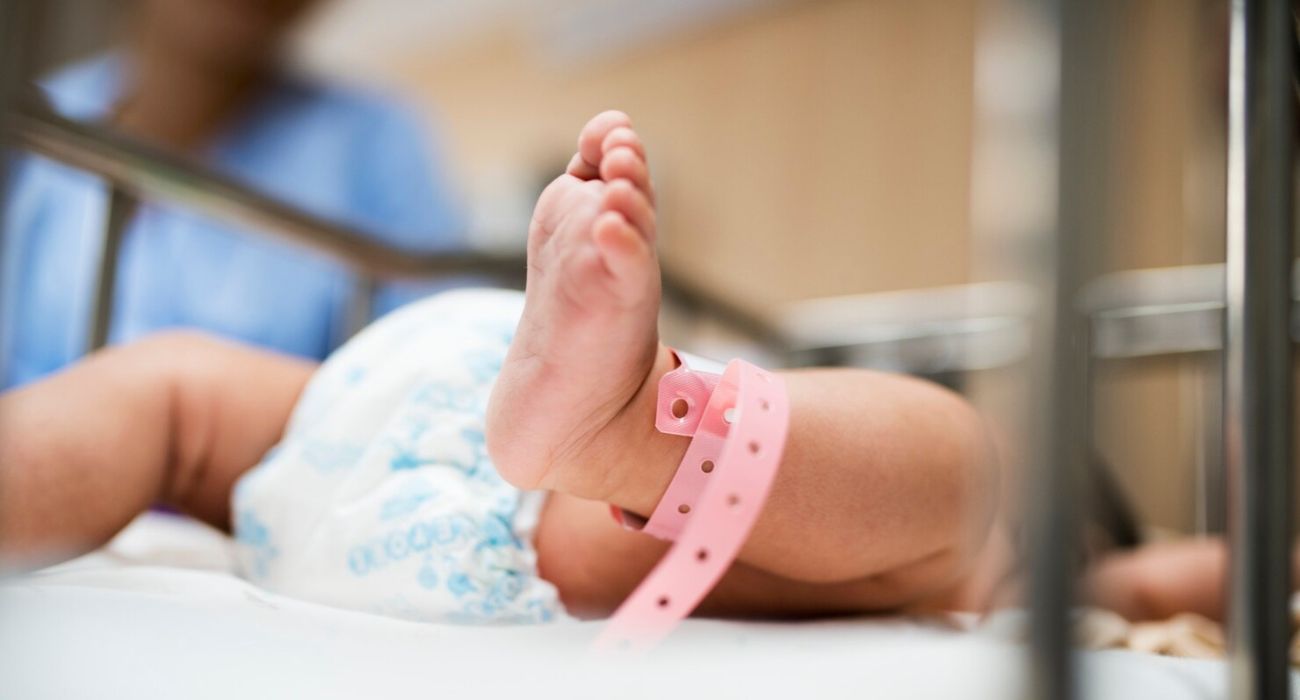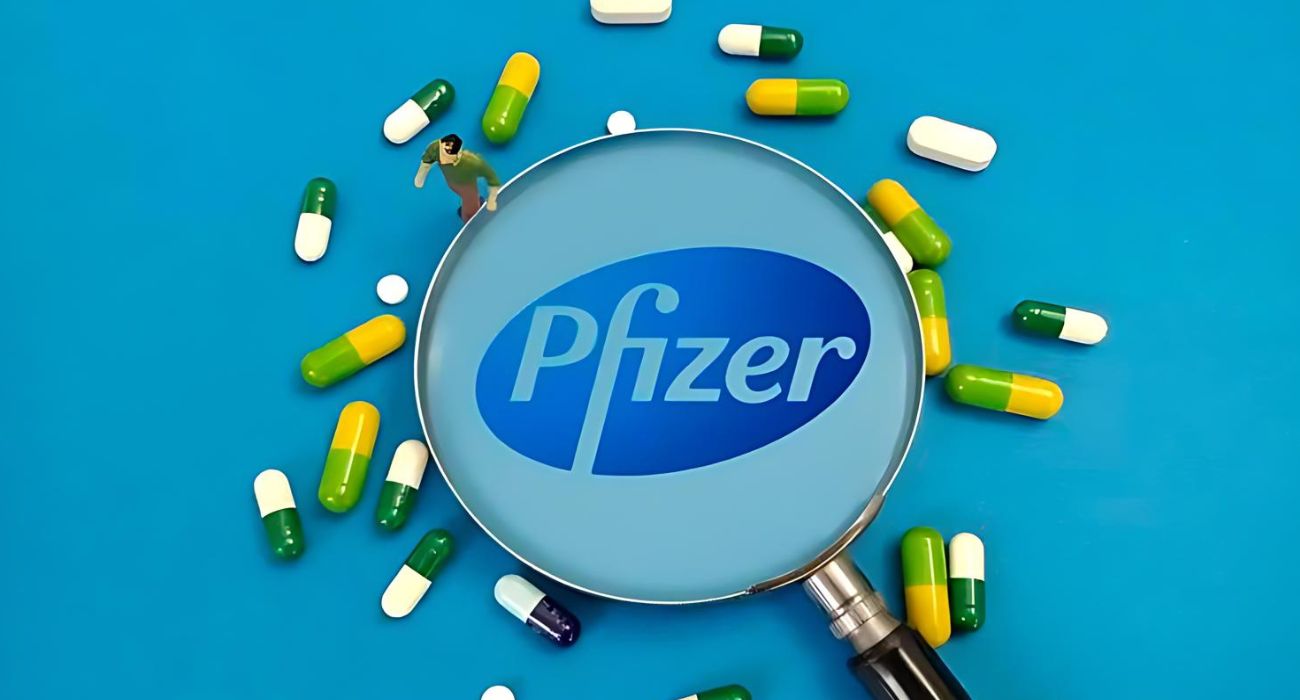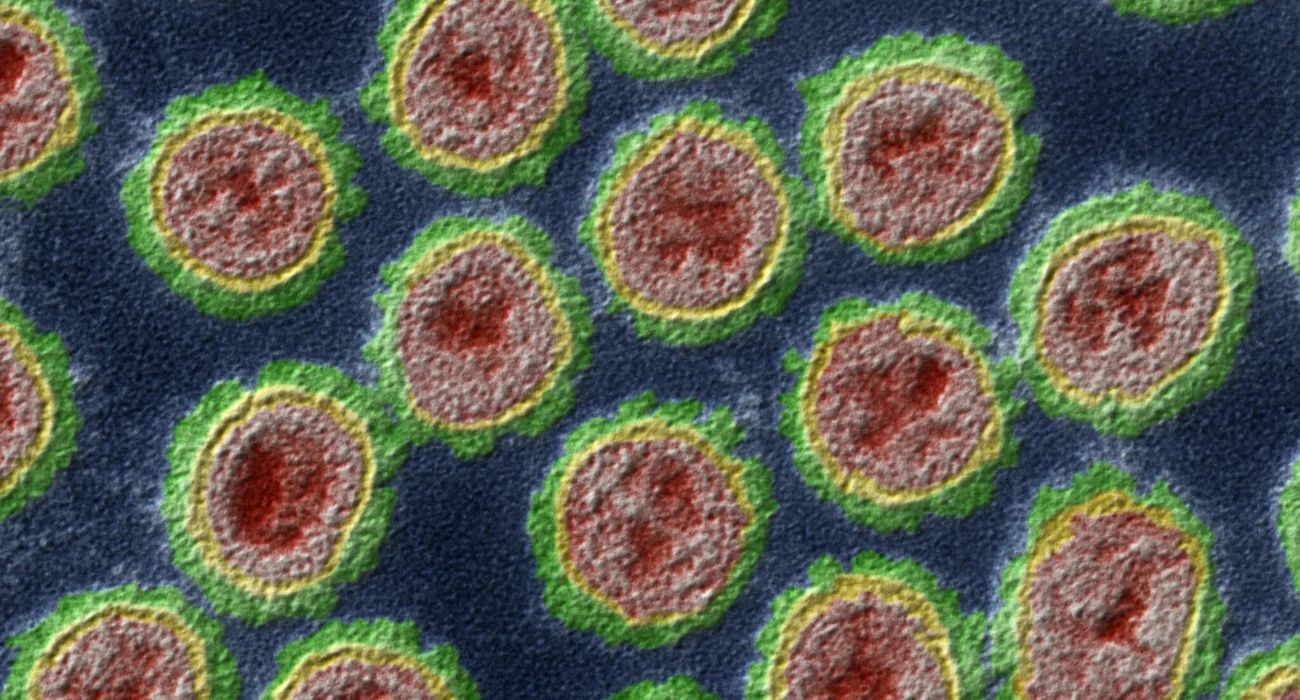A study in Israel has found clinical benefits from a rapid genome testing program for newborns suspected of rare congenital disorders.
Research conducted at 25 neonatal intensive care units in Israel from October 2021 to December 2022 sought to evaluate the impact of using rapid trio genome sequencing (rtGS) as a diagnosis tool for sick newborns. The results were published on February 22 in the online journal JAMA Network Open.
An estimated 1 in 33 American babies is born with a birth defect each year, according to the March of Dimes. While these defects vary in terms of etiology and severity, timely diagnosis and treatment may reduce negative health outcomes further down the line.
But it may also sometimes be the difference between life and death. Globally, around 240,000 babies die within 28 days of birth due to congenital disorders, with another 170,000 deaths clocked between the ages of 1 month and 5 years, per data from the World Health Organization.
The authors of the recent study noted that rtGS was offered to the parents of critically ill newborns suspected of having a genetic disorder during the study period. Of those who accepted, the mean turnaround time for rtGS reports was seven days, with a secondary report produced roughly two months later.
The study found that rtGS identified 50% of the 130 tested newborns as having disease-causing variants. Of these, 12 were chromosomal disorders — such as Trisomy 13 and 18, which are caused by a genetic mutation — and 52 were monogenic disorders — such as Sickle cell disease or Duchenne muscular dystrophy, which are caused by a single faulty gene. One newborn was ill due to uniparental disomy, an unusual situation in which both parts of a chromosome pair are inherited from a single parent because the other parent’s corresponding chromosome is missing.
The diagnoses provided via rtGS led to the clinical care for 24 of the newborns changing — something that the authors say attests to this tool’s value in a healthcare setting. Six babies began medical treatment, two were transferred to nursing homes, and two more were given palliative care.
The research team is not the first to make a case for rtGS and other rapid genetic testing being added to the standard of care delivered to both neonatal and pediatric patients.
Referring to rapid whole-genome sequencing (rWGS), Toshiki Takenouchi, a pediatric neurologist at Keio University School of Medicine in Tokyo, spoke highly of a similar pilot project conducted in NICUs between April 2019 and January 2022 at the American Society of Human Genetics annual meeting last year. But he conceded that it was expensive to maintain, according to Genome Web.
Another presenter, Steven Boyden, a University of Utah rWGS researcher, weighed in that rapid genome testing not only helped clinicians better offer solutions to patients but also helped families better cope with difficult situations.
“In some cases that involved a change to palliative care or withdrawal of life support, which is a decision that parents agonize over or second-guess after it’s made,” Boyden said, per Genome Web. “In cases where a diagnosis suggests a discrete prognosis, and, in particular, if a condition is known to be neonatally lethal, that can offer tremendous peace of mind to parents who have made that decision.”
While the exact cause of genetic mutations remains unknown, lifestyle factors are believed to play a considerable role. For instance, a mother having preexisting diabetes — the risk of which is greatly heightened by obesity — or drinking alcohol while pregnant can create significant obstacles to birthing a healthy child.






